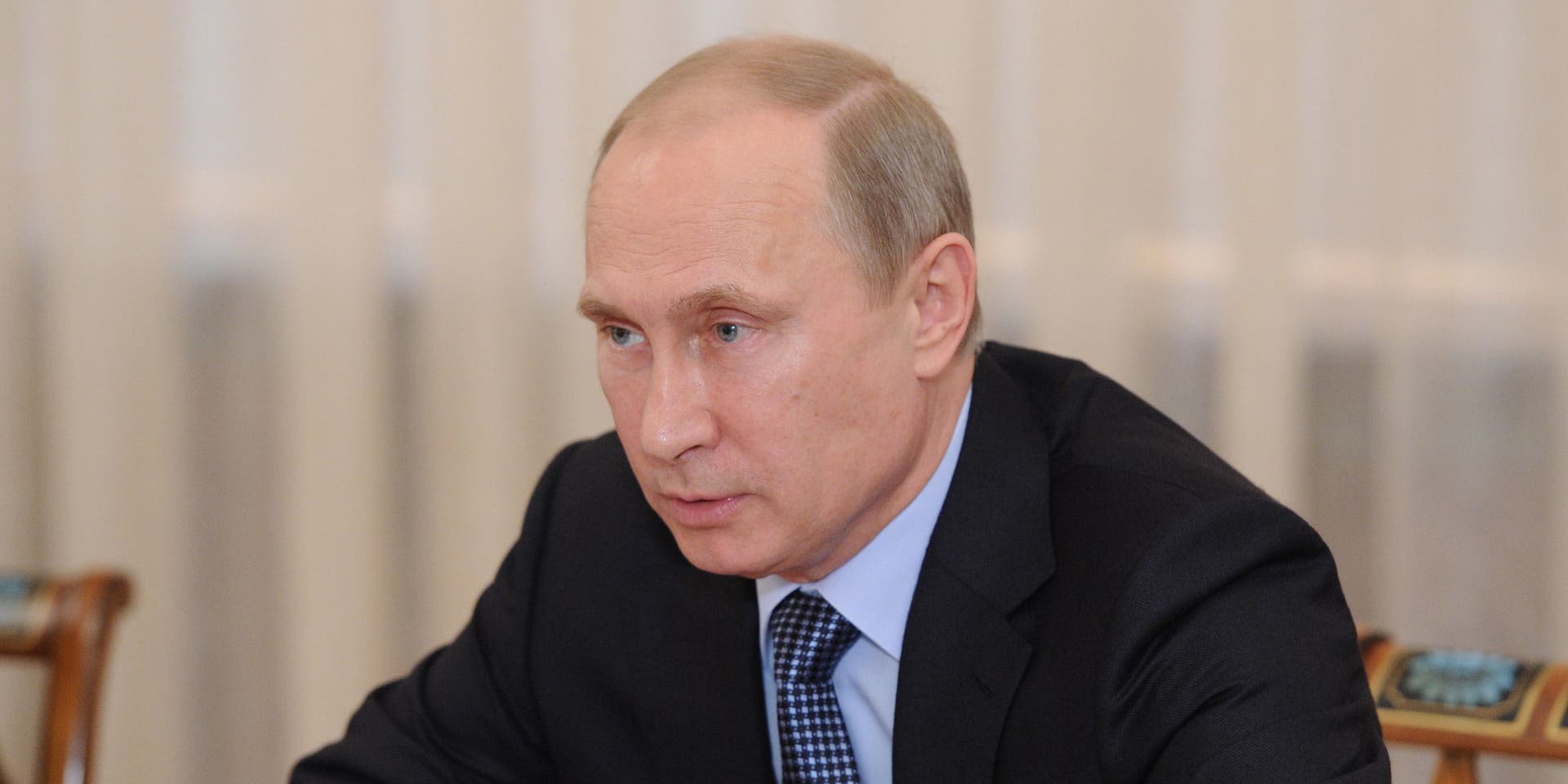A Complete Biography of Vladimir Putin
 |
| Russian President Vladimir Putin |
Vladimir Putin served as a KGB foreign intelligence officer for 16 years, achieving the rank of lieutenant colonel before leaving the agency in 1991 to embark on a political career in Saint Petersburg. He relocated to Moscow in 1996 to join President Boris Yeltsin’s administration. Prior to his appointment as Prime Minister in August 1999, Putin held temporary positions as Director of the Federal Security Service (FSB) and Secretary of the Security Council. Following Yeltsin’s resignation, Putin assumed the role of acting President and was elected to the presidency for the first time less than four months later. He was re-elected in 2004.
Vladimir Putin was born on October 7, 1952, in Leningrad (now St. Petersburg), Russia. He is the third and eldest of three children. His father, Vladimir Spiridonovich Putin, served in the Soviet Navy and was involved in the NKVD's demolition battalion during World War II before being reassigned to the regular military, where he was seriously wounded in 1942. His mother, Maria Ivanovna Putina, worked at a factory. Notably, Putin's grandfather, Spiridon Putin, was a personal chef to both Vladimir Lenin and Joseph Stalin.
Putin attended Leningrad’s Number 193 Primary School from 1960 to 1968 and then went to High School Number 281, a specialized school focusing on chemistry, which he completed in 1970. He pursued higher education at Leningrad State University, where he graduated in 1975 with a degree in law. His dissertation was on the principle of "Most Favoured Nation" trading in international law. During his academic career, he was involved with the Communist Party of the Soviet Union until its dissolution. He met Anatoly Sobchak, a lecturer in business law, and later collaborated on drafting The Russian Constitution and addressing French corruption prosecutions. Putin married Lyudmila Shkrebneva in 1983, and they have two daughters, Katerina and Mariya.
Vladimir Putin’s mother, Maria Shelomova, was known for her kindness and generosity. His father, Vladimir Spiridonovich Putin, was a war veteran who worked as a security guard and foreman in the 1950s. Putin and Lyudmila Shkrebneva married on July 28, 1983, and lived in East Germany from 1985 to 1990. Their daughters, Mariya and Katerina, were born in Leningrad in 1985 and Germany in 1986, respectively, while Putin was still with the KGB.
Putin spent nearly 15 years as a KGB foreign intelligence officer, including six years stationed in Dresden, East Germany. He resigned from the KGB in 1990 with the rank of colonel. After returning to Russia, he worked at Leningrad State University, managing external relations. He then served as an advisor to Anatoly Sobchak, St. Petersburg’s first elected mayor. Putin's effective administration and goal-oriented approach gained him Sobchak’s trust. In 1994, he was appointed as the city’s first deputy mayor and moved to Moscow in 1996 to join the presidential team, becoming a senior administrator in the Kremlin. He formed a close relationship with Anatoly Chubais and advanced through the ranks of government.
First and Second Presidential Terms (2000-2008) On December 31, 1999, Boris Yeltsin unexpectedly announced his resignation and appointed Putin as interim President. Putin won the presidential election with about 53% of the vote. During his presidency, he aimed to tackle corruption and implement a robust market economy. He restructured Russia’s 89 regions into seven federal districts, each overseen by a presidential envoy, and curtailed the powers of regional governors.
Prime Minister (2008-2012) In March 2008, Dmitry Medvedev won the presidential election, and Putin was appointed as Prime Minister on May 7, 2008. Medvedev publicly supported Putin’s bid for the presidency in 2012, which Putin accepted. He was re-elected as President on March 4, 2012, and appointed Medvedev as Prime Minister. Putin also stepped down as chairman of United Russia, passing the leadership to Medvedev.
Third Presidency (2012-2018) During his third term, Putin faced significant opposition protests, which led to the imprisonment of opposition leaders and the designation of certain non-governmental organizations as “foreign agents.” Relations with the U.S. became more strained, especially after Edward Snowden sought asylum in Russia.
Fourth Presidency (2018-Present) Putin won re-election in 2018 with over 76% of the vote, beginning his fourth term on May 7, 2018. He quickly appointed Dmitry Medvedev to form a new government. Putin also initiated a major infrastructure project with the opening of a bridge segment in May 2018 and later declared he would not seek the presidency again in 2024. He kicked off the 2018 FIFA World Cup in Russia, marking a significant international event.
Vladimir Putin is a prominent Russian politician with an estimated net worth of $70 billion. His tenure as President and Prime Minister has been marked by both domestic and international controversy. Although Russian constitutional limits initially restricted him to two consecutive terms, a 2020 amendment allowed him to potentially extend his presidency by two additional terms. Throughout his two-decade leadership, Putin has worked to strengthen his control over Russia and assert the country’s global influence.



0 Comments